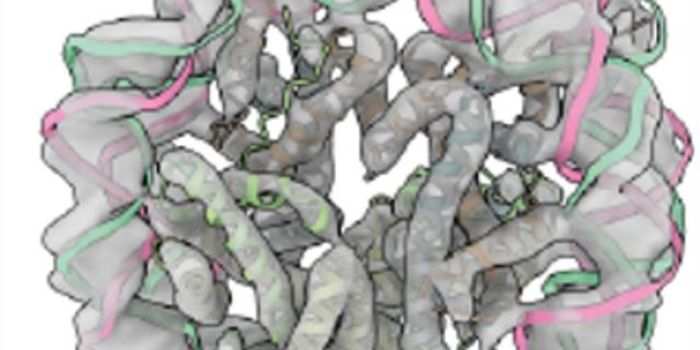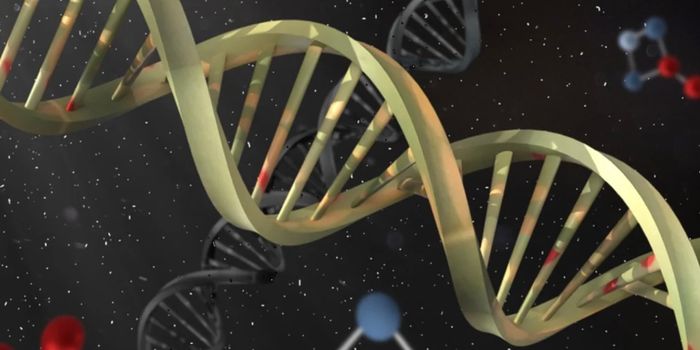Certain Cell Types Found to Underlie Schizophrenia
Schizophrenia can be a debilitating disease, and for many years, researchers have been trying to understand more about what causes it. Over time, studies have shown that there is a genetic component to the disorder, but hundreds of different genes have been connected to the disease. Each gene contributes only a small part, making it very difficult to understand the connections between them. It also makes it challenging to study in the laboratory. New work by investigators at the University of North Carolina and Karolinska Institutet in Sweden has revealed more about the types of cells that underlie schizophrenia, which helps make sense of the genetic data.
This work collected the genes used in various kinds of cells in the brain into a map, which was then combined with lists of every gene that has been associated with schizophrenia. That revealed the cell types that are essential to the disease. The team has reported their findings in Nature Genetics.
“This marks a transition in how we can use large genetic studies to understand the biology of disease. With the results from this study, we are giving the scientific community a chance to focus their efforts where it will give maximum effect,” said study co-author Jens Hjerling-Leffler, research group leader at the Department of Medical Biochemistry and Biophysics at Karolinska Institutet.
The investigators determined that there are several major types of cells, originating from different parts of the brain, which are contributing to the disorder. Certain kinds of cells were found to be more responsible for the dysfunction than others.
Work must continue, but the research has introduced a new way of assessing treatments.
"One question now is whether these brain cell types are related to the clinical features of schizophrenia. For example, greater dysfunction in one cell type could make treatment response less likely. Dysfunction in a different cell type could increase the chances of long-term cognitive effects. This would have important implications for [the] development of new treatments, as separate drugs may be required for each cell type involved," explained co-author Patrick Sullivan, Professor at the Department of Medical Epidemiology and Biostatistics at Karolinska Institutet and Yeargan Distinguished Professor in the Department of Genetics and Psychiatry at the University of North Carolina.
New technologies have enabled this research; in recent years, it has become possible to assess the genetic information contained in a single cell. The scientists suggest that the approach they used in this study could be applied to many other complex mental disorders, like major depression, eating disorders, and autism.
"Understanding which cell types are affected in a disease is of critical importance for developing new medicines to improve their treatment. If we do not know what causes a disorder we cannot study how to treat it," says co-author Nathan Skene, a postdoctoral fellow at the Department of Medical Biochemistry and Biophysics at Karolinska Institutet and UCL Institute of Neurology, UK.
In the video above, Patrick Sullivan talks about the genetics of schizophrenia.
Sources: AAAS/Eurekalert! Via Karolinska Institute, Nature Genetics









